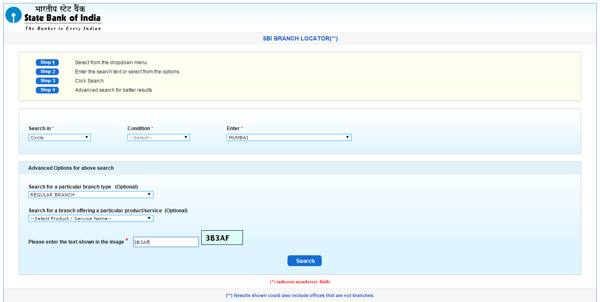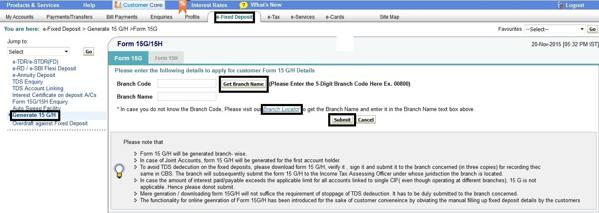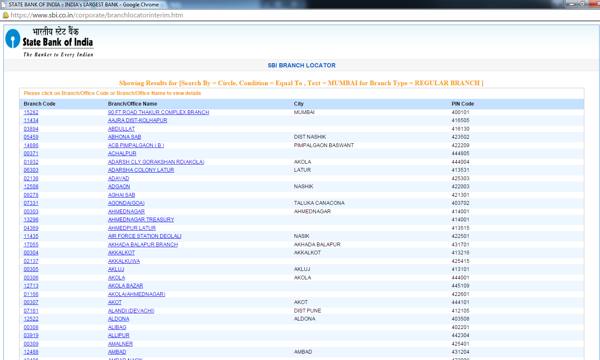New Form 15G and Form 15H Online Submission
The Income Tax payers who are looking for non-deduction of tax from specific incomes are essential to file a self-declaration in Form 15G or Form 15H via online according to the provisions of Section 197A under the Income Tax Act, 1961. Central Board of Direct Taxes (CBDT) has made filing Form 15G and Form 15H quite easier by making this process online in order to lessen the cost of submission and make it quite comfort for both the tax payer and the tax deductor of submitting their e-filing Income Tax without any hassle.
The Central Board of Direct Taxes (CBDT) has eased the procedure for self-declaration process by introducing new Form 15G and new Form 15H in a different format. This procedure will definitely aid the tax deductor and tax payer in order to submit their Form 15G and Form 15H online. This revised procedure has been introduced by the Income tax department in the year 2015 and made it effective from 1st October, 2015.
This method of submitting Forms is now available in two ways. One is sending it in the form of paper in a manual way while the other one is online process of submitting the forms. Earlier, there was only manual or paper submission procedure. Here is everything you need to know about the New Form 15G and Form 15H Online Submission, Difference between form 15G and 15H and all other essential facts that every tax payer must have some awareness regarding the Income Tax E-filing Forms 15G and 15H. Have a look!

Online Submission Form 15G & Form 15H
In a bid to simplify the process of filing for form 15G and Form 15H, both the forms have also been revised lessening the submissions. With the introduction of New Form 15G and Form 15H filing online procedure, the tax payer must submit their forms via online process while the tax deductor receives the e-filing for which they will be assigning a Unique Identification Number (UIN) to all self-declarations in agreement with a process by Central Board of Direct Taxes. Both the Unique Identification Number and the details of self-declarations will have to be checked in a proper way by the deductor in the quarterly Tax Deducted at Source (TDS) statements. Furthermore, the tax deductor will be essential to hold Form 15G and 15H for a period of 7 years.
Get Detailed Explanation about ‘Form 15G’ and ‘Form 15H’
Form 15G and Form 15H are a kind of forms that could aid a person circumvent Tax Deducted at Source (TDS) in circumstance one does not have to pay income tax at the end of the year. The Income Tax Department has introduced two forms such as Form 15H and Form 15G. Form 15H is applicable for senior citizens while the form 15G is meant for others tax payers. All the guidelines and conditions that must be filed under Form 15G and 15H are almost similar however there are slight differences.
Each and every Income taxpayer must have complete knowledge regarding the conditions that are specified in the Forms and determine whether the person is eligible for filing the appropriate form. Filing the form either Form 15G or Form 15H even without any entitlement to do so is considered as unlawful and illegitimate. In such conditions, that tax payer will bid payment of interest on the tax payable and also need to pay specific amount as a penalty. Below is detailed and complete description of both Form 15H and Form 15G:

Form 15H
Form 15H has been introduced by the Income Tax department as per the declaration under the Income-tax Act in the year 1961. This is to inform that an individual who is at an age of 60 years or above must claim specific incomes without tax deduction.
- The individual who is eligible and is having an age of 60 years and above must submit Form 15H.
- Assessed tax that must be paid for the preceding assessment year should be nothing (NIL). This means that the tax payer did not pay any tax for the previous year as his income was not liable under the payable limit.
- The form 15H must be submitted to the deductor to the one you advanced a loan. For instance, you have a deposited amount of Rs.3 lakh each in three different branches of an authorized bank then it is required for you to submit the Form 15H to each branch of the bank.
- It is essential to submit the form 15H prior to the initial payment based on your interest. However, it is not mandatory but it will evade the TDS deduction. If in case, you make a delay in submitting the forms to the bank, the concerned bank may deduct the TDS and issue TDS certificate at the end of year.
- It is necessary to submit Form 15H to authorized banks if the interests that must be paid from one branch of a bank go beyond Rs.10, 000/- in a year.
Form 15G
Form 15G has been introduced by the Income Tax department as per the declaration under the Income-tax Act in the year 1961. This is to inform that an individual or a person (not a firm or company) must claim specific incomes without tax deduction.
- Form 15G can be submitted by an individual or a person who has an age below 60 years and Hindu Undivided family.
- The points which we have mentioned in the Form 15H will also be applicable to the Form 15G;apart from that the Form 15H is only applicable for the senior citizen.
- Form 15G must be submitted prior to the initial payment of interest on fixed deposit to specific bank.

What’s the difference between Form 15G and 15H?
Both the Form 15G and Form 15H are almost similar yet there are slight variations and difference between Form 15G and Form 15H. Check it out!
- Form 15G must be submitted by an individual or a person who has an age below sixty years while the other Form 15H must be submitted by the senior citizens that is, an individual whose age is 60 years and above.
- The Form 15G must be submitted to the concerned department by Hindu undivided families while the form 15H must be submitted only by an individual or a person whose age is above 60 years.
- The combined amount of the income from interest on securities or interest excluding interest on securities or elements or amounts mentioned in clause under the Income Tax Act, 1961 acknowledged during the financial year must not exceed the basic exemption portion for Form 15G.
- On the other hand, there is no such condition occurs for Form 15H.
How much Penalty must be paidfor filling wrong form (15G or 15H)?
A penalty must be paid by an individual if he/she makes mistake in filling wrong form either Form 15G or Form 15H. If any individual makes any kind of a wrong statement in the declaration form shall be accountable to prosecution under the section 277 of the Income Tax Act, 1961, and on verdict be punishable as following:
- In such a case, the tax which is required to be avoided exceeds Rs. 1 lakh, with severe imprisonment will be not less than 6 months of period and it could even extend up to 7 years whist playing specific amount as a penalty or fine.
- In any other case, the punishment would be included severe imprisonment which will not be less than 3 months and it could even prolong up to 3 years along with a fine or penalty.
That’s it! This is everything that every individual or tax payer must know about the Self-declaration forms such as Form 15G and Form 15H. Hope this detailed description about New Form 15G and Form 15H guides you in the best way to know much about the Tax Payment and submission of forms.